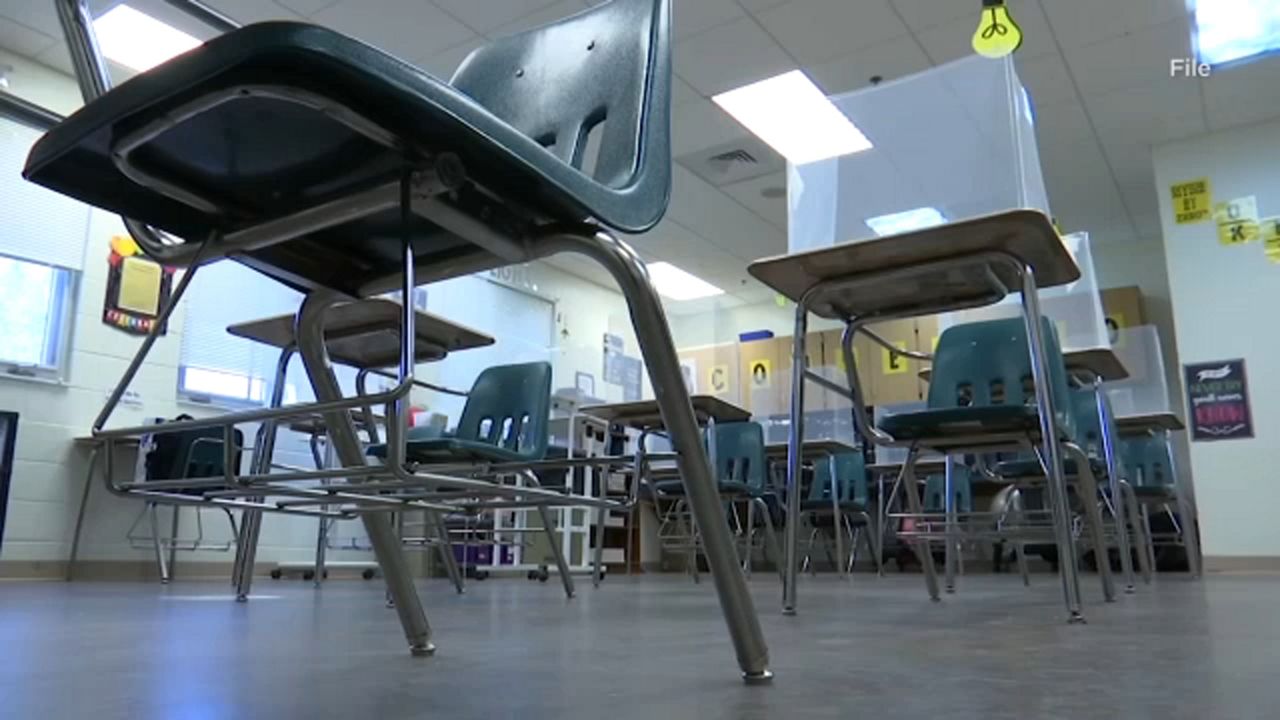The Biddeford School Department may be the latest district in Maine to restrict student use of phones, smart watches and other devices during school hours.
“We don’t want our kids on phones all day,” said Christopher Indorf, assistant superintendent of the Biddeford School Department. “We want them learning.”
The district is proposing a new policy prohibiting students from using “cell phones, ‘smart devices,’ electronic games or the next iteration of portable/wearable digital device may be following the adoption of this policy” at school without authorization.
The proposed policy also restricts the use of cameras, banning them in “locker rooms, bathrooms and other places where privacy is generally accepted.”
Even elsewhere on school grounds, the proposed policy indicated, no one will be allowed to take another student’s photograph without their permission.
The school committee will hold a special meeting Wednesday to discuss the proposed restrictions.
Indorf said the proposed policy came about after staff members at Biddeford High School came to the committee to ask if something could be done about cell phone usage in schools distracting students from work.
Indorf said he had two teenaged sons himself and understood the staff members’ concerns.
“Their screen time is obscene,” he said of his own children.
Hard data on the relationship between cell phone usage and, say, test scores does not seem to exist, Indorf said, but district officials are aware of data available in books such as “The Anxious Generation,” by psychologist Jonathan Haidt.
The book, Indorf said, studies the impact of extended phone time and usage of social media on matters such as hospital admission rates and attempts at suicide.
Locally, Indorf said the district conducted its own survey of students, school staff members and parents to gauge opinions on the impacts of cell phone use.
Overall, the results indicated school staff members believed students were spending too much time on their phones, that it was having adverse impacts on academic performance and mental health and that more regulation was necessary.
Students, on the other hand, had the opposite opinion. Parents and families, according to the survey, had more mixed results. In some cases, only 30% of families surveyed indicated concern for mental health or academic performance. A majority, as high as 90%, did not oppose regulation but also did not favor an outright ban.
The latter figure, Indorf said, is why he refuses to refer to the proposal as a “ban.”
“We’ve tried to balance the needs of educators to conduct their classrooms with the desires for parents and for law enforcement to be able to reach their children during an emergency,” he said.
For example, he said, implementing the proposed policy at the high school would require students to deposit their phones in a small “grab and go” locker during class.
In the event of a lockdown or other emergency, he said, staff members would give the phones back, and if the students and staff needed to leave during an emergency, the staff members would take the lockers with them, so students could get their phones back to communicate with parents.
This week’s meeting will include a first reading and initial vote on the policy. If it passes, Indorf said, it will be voted on for a second and final time at a meeting next month. If it is to be applied, he said, schools need time to prepare materials such as informational placards and lockers.
“We need a little bit of front-loading with our staff and our principals to get these pieces in place.”
The meeting takes place Wednesday, July 31, at 7 p.m. in the Little Theater.








